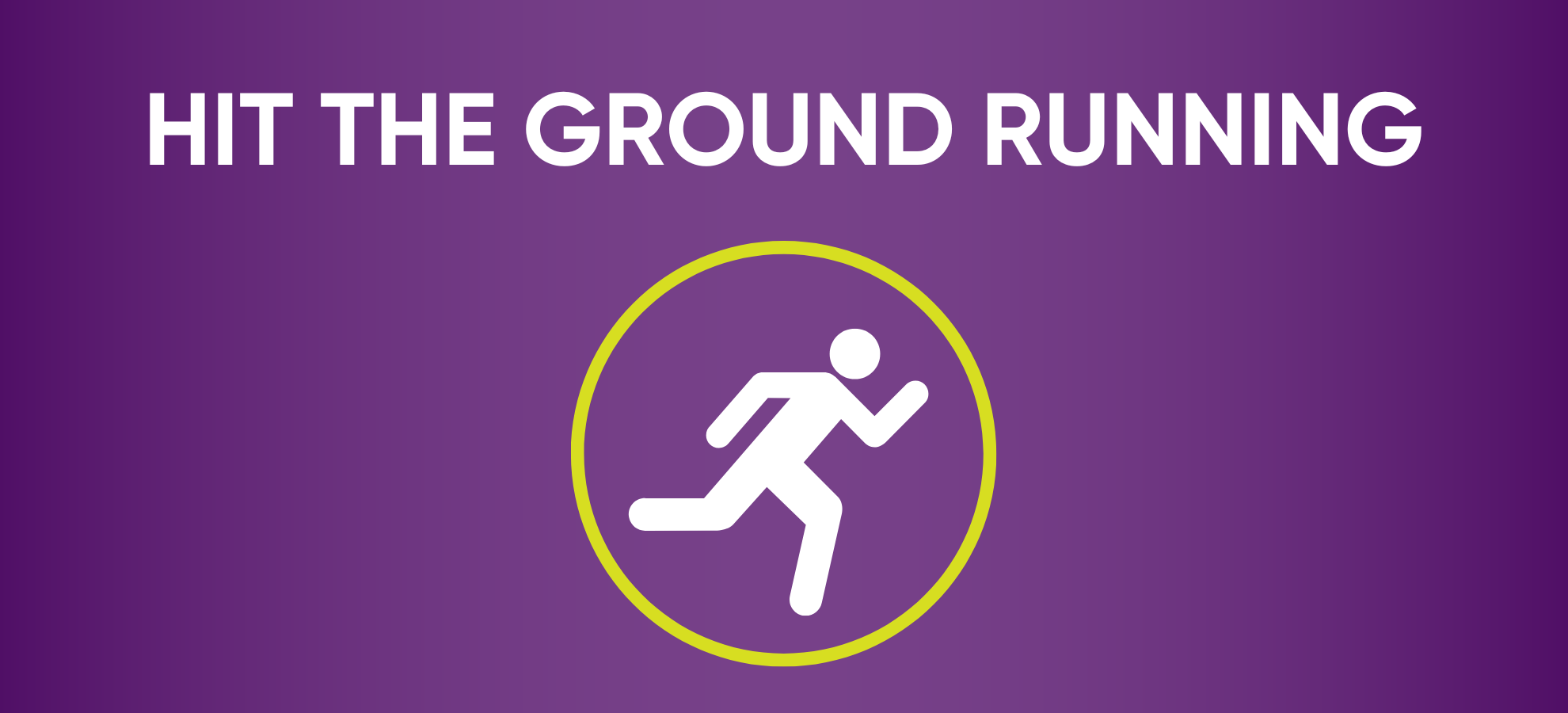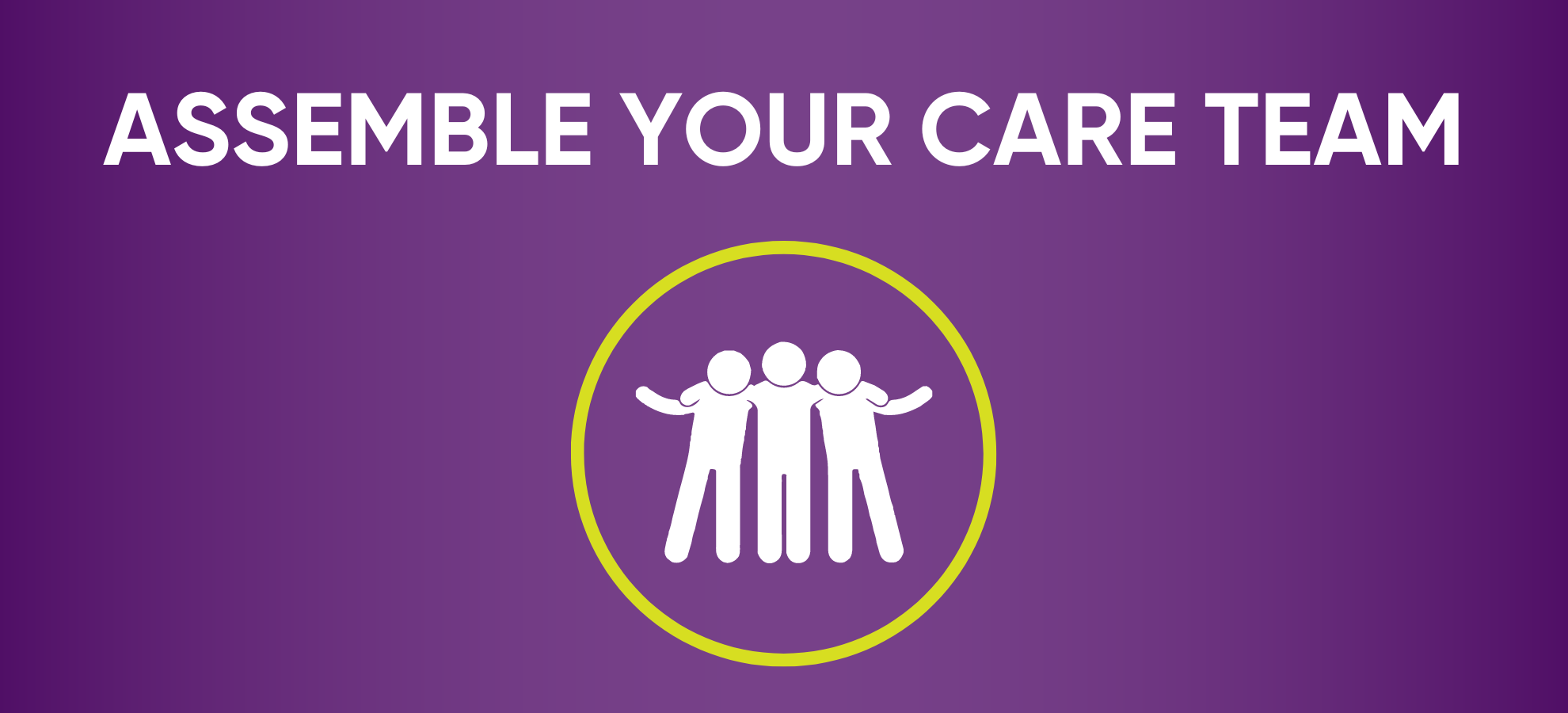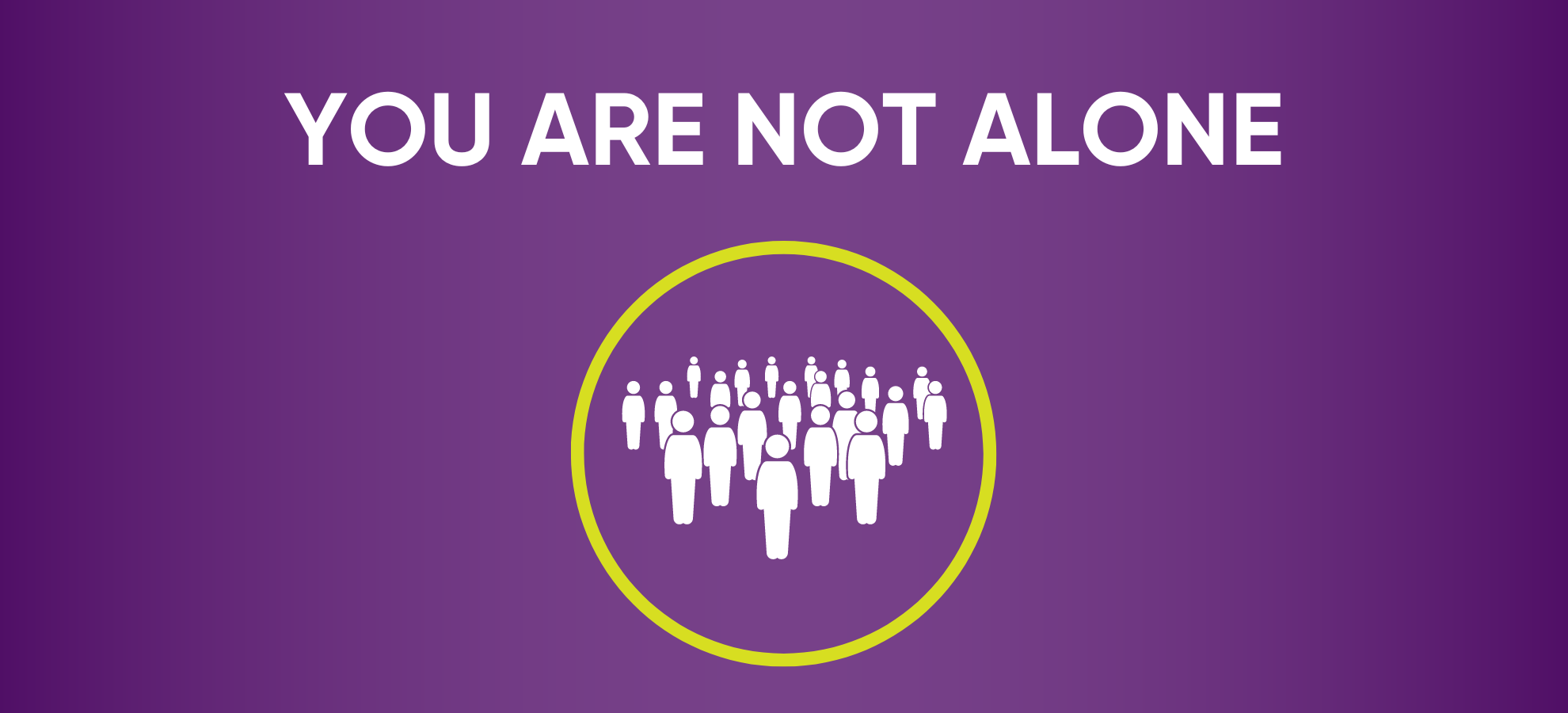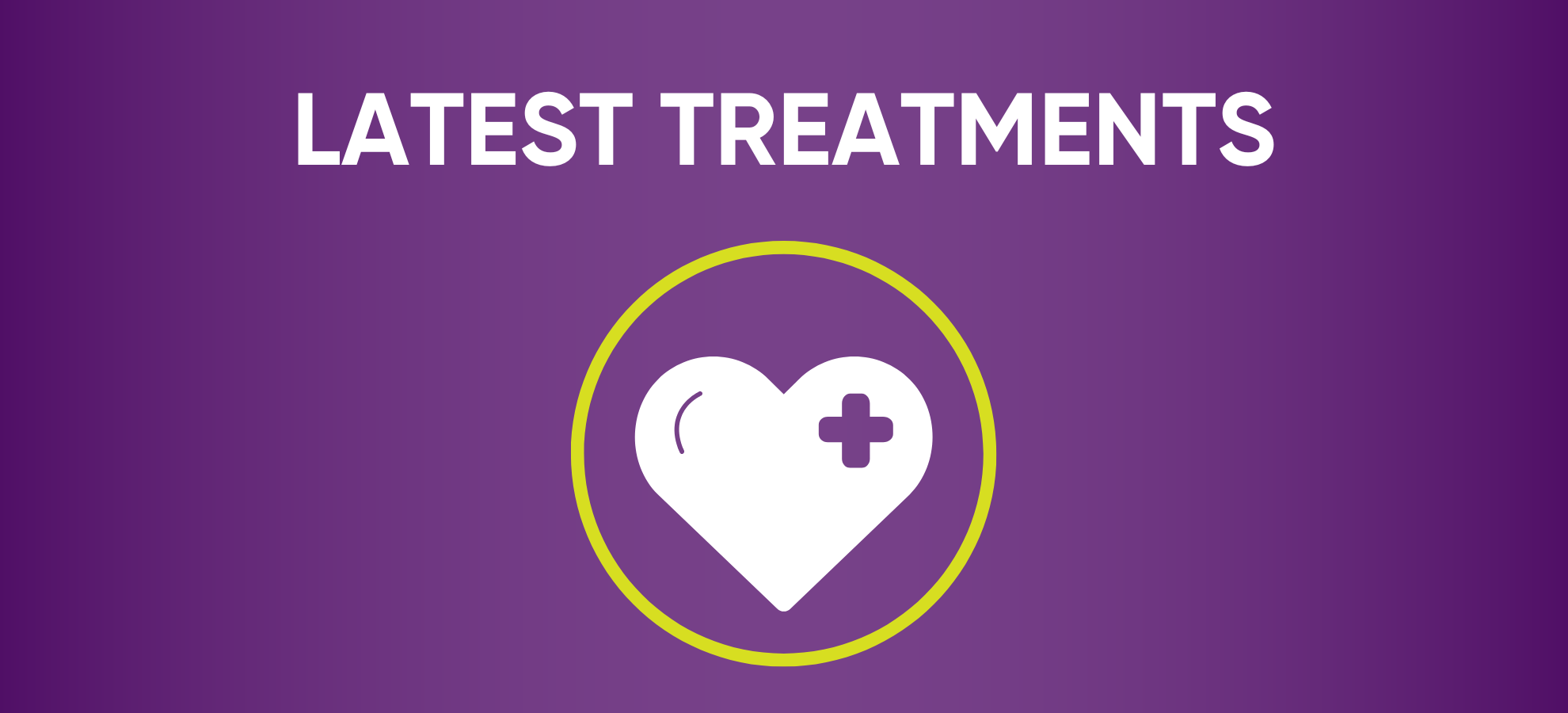I have been diagnosed with Alzheimer’s disease.
What now?
Try not to panic. It is a life changing diagnosis but there are ways to make it easier on you.

Time is of the essence!
At your Visit:
- Ask your doctor to write down your diagnosis and any instructions he may have for you at that moment. It is common to miss important information after a surprising diagnosis.
First Week:
- Allow yourself to take in the diagnosis. You will be in shock, feel numb, and go through the stages of grief in the weeks to come. This is normal so try not to be hard on yourself.
First Month:
- Get an appointment for a second opinion with a Neurologist – Could this be something else? Be sure all diagnostics have been run and all other possibilities ruled out.
- Start building a support system by selecting possible candidates for care partner and care partner backup.
- Talk it out with someone. Find a councilors to talk out your feelings and keep a journal and write down your journey.
- Ask the doctor for help. There are techniques and medications that can help relieve the stress and anxiety that comes with a dementia diagnosis.
- Start to declutter your living space.

Those you love and trust
- Primary Care Doctor: Should monitor your overall health, prescribe home health or inpatient care, and keep you as healthy as possible.
- Neurologist: Will monitor your brain health, make a care plan to combat this disease, keep you updated on the latest treatments, and help you locate and participate in research.
- Care Partner: should be your most trusted confidant, emotionally and physically able, and be loving and compassionate.
- Care Partner Back-up: There should be someone who can take over to give your care partner a chance to practice quality self care.
- Psychologist/Counselor/Faith Based Leader/Social Worker: to help counsel you, your caregiver, and your family.
- Financial Advisor and Estate Planner: to help you keep your financial independence.

6 Million Americans Suffer
What to ask your Doctor?
- What is dementia?
- What type of dementia do ! have?
- What symptoms should I expect?
- Who should I call when I experience symptoms?
- What treatment options are available?
- Can we slow the progress of the disease?
- What diet might help slow the progress of the disease?
- What type of research is available in our area?
- How should i select a care partner?
- How can i preserve my independence for as long as possible?
- Will my children or grandchildren inherit this disease?
- How can my children and grandchildren avoid this disease?

Well-Tolerated Medication
- Donepezil: treats confusion may improve memory, awareness, and the ability to function.
- Rivastigmine: Memory loss and mental changes in mild to moderate Alzheimer’s Disease.
- Galantamine: treat mild to moderate confusion related to Alzheimer’s disease
- Memantine: moderate to severe confusion related to Alzheimer’s disease
- Memantine/Donepezil: Mixture of the two above.
- Aducanumab: approved in June of 2021, a new class of Alzheimer’s Disease, targeting the build up of beta-amyloid plaques. This is the first of it’s kind to target the disease and not just cover symptoms.
- New treatments for all stages and types of dementia are in research phases. There are new drugs within the same class as Aducanumab that will be up for FDA approval in the near future.
